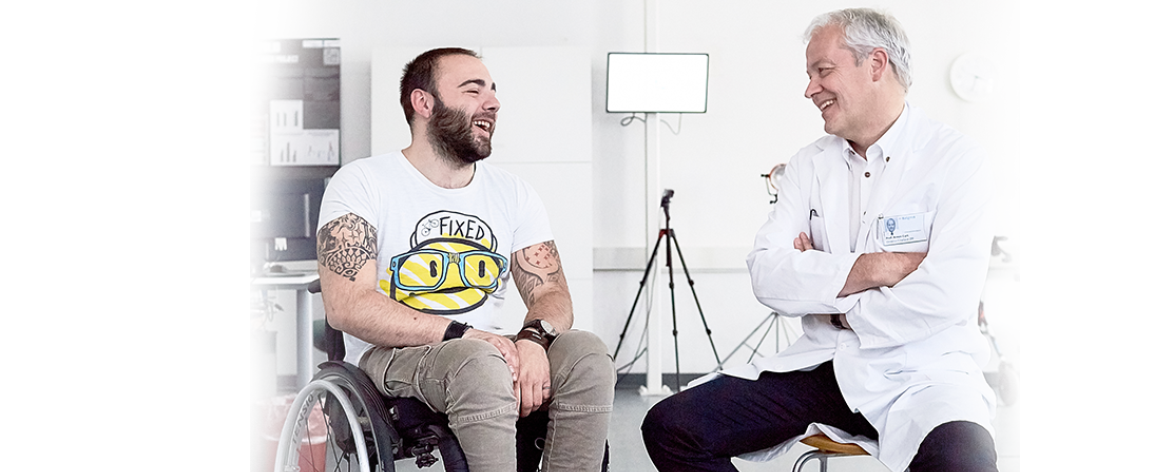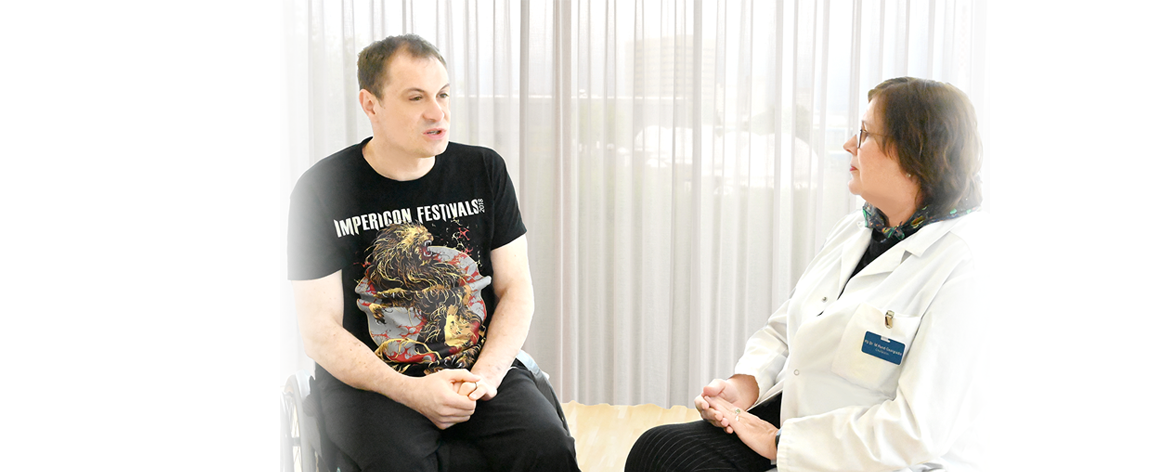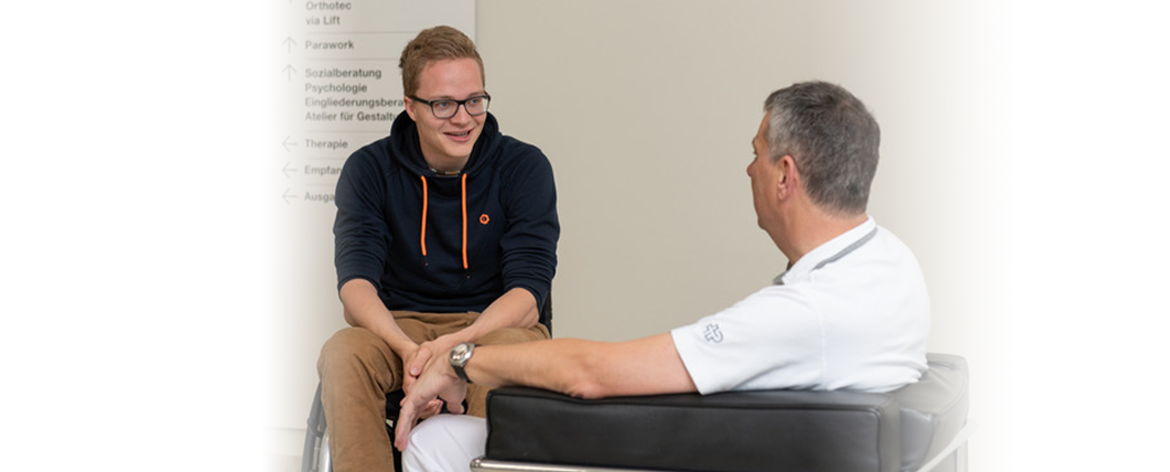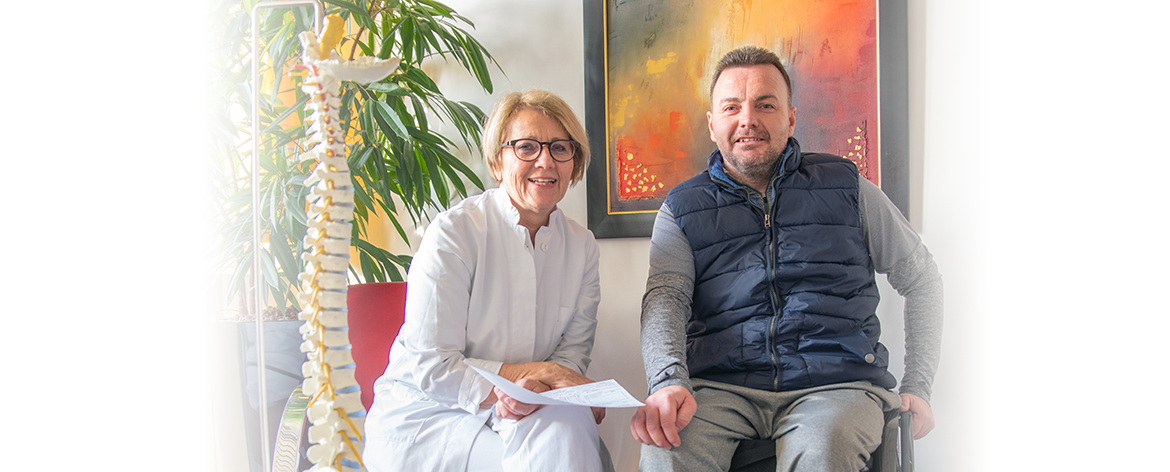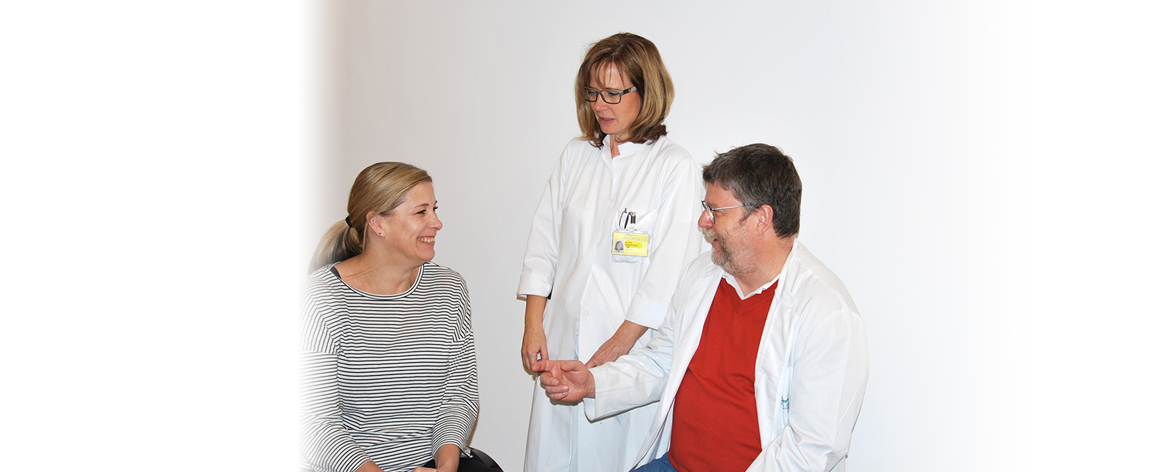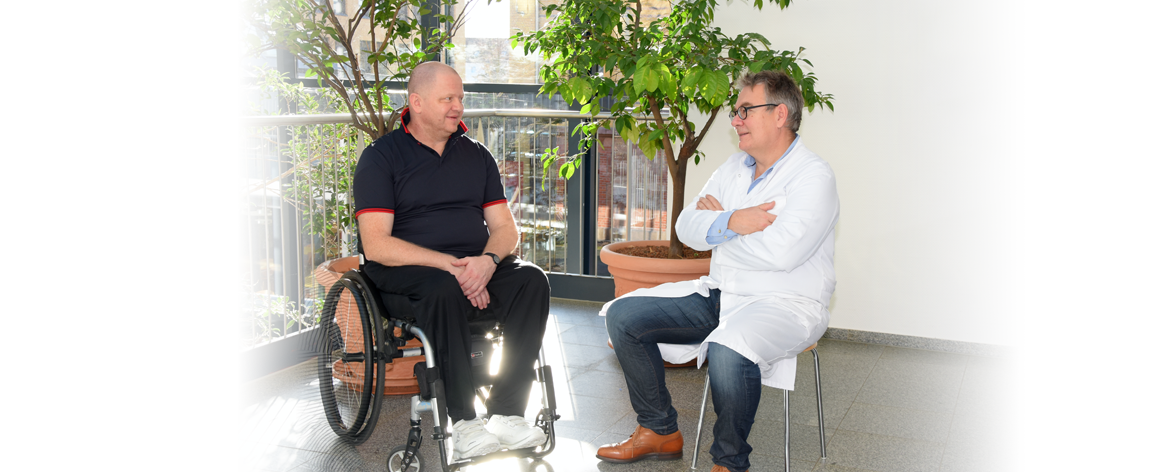NISCI’s scientific background
NISCI research
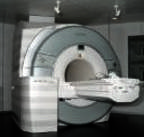

Spinal cord injury is a severe and devastating neurological disorder that leaves patients with permanent paralysis of the body. No treatment is available today to regenerate interrupted nerve fibers and repair the damaged spinal cord. The incidence of spinal cord injury is about 10‘000 newly injured people per year in the EU, and due to an almost normal life expectancy more than 200’000 patients are living with a spinal cord injury in the EU. The impact on the individual’s quality of life is high, and social costs are enormous.
Recent preclinical research in animal models succeeded to greatly enhance axonal sprouting, fiber regeneration and neuroplasticity following injuries of brain and spinal cord. These results warrant translation now to patients suffering from acute spinal cord injury.
A previous phase I clinical study using intrathecal application of a nerve fiber growth promoting antibody against the growth inhibitory protein Nogo-A has shown in patients with complete spinal cord injury that this treatment is safe and well tolerated.
The present study will enroll patients with various degrees of complete to incomplete acute spinal cord injury for a double-blind, placebo-controlled trial to test the efficacy of this antibody therapy to improve motor outcome and quality of life of tetraplegic patients. The enrollment of patients with different degrees of spinal cord injury is considered essential to reveal drug activity and eventual proof of concept in a broad patient population. Advancements in clinical trial design, improved prediction algorithms of clinical outcomes and development of surrogate markers (in cerebro-spinal fluid/serum and by neuroimaging) will allow for scrutinizing the effectiveness of this novel treatment in an unprecedented way. A positive outcome of this trial will represent a breakthrough for the future therapy of spinal cord injuries and beyond (traumatic brain injury, stroke, multiple sclerosis).
NISCI clinical study is accompanied by research on:
Biostatistics
To develop tailored statistical models for treatment effect estimation in Spinal Cord Injury trials
Biochemical Markers and Biobanking
To establish a quality controlled biobank, which prepares and stores CSF and serum samples from acute SCI patients participating in a Europe-wide multi-center phase II study to evaluate the efficacy of anti-Nogo-A-antibodies.
To identify protein-based biomarker from serum and CFS in acute spinal cord injury patients, which may objectively measure responses to a therapeutic intervention or serve as an objective outcome predictor.
Biomarkers - Imaging
To develop anatomical magnetic resonance imaging (MRI) as a sensitive biomarker for treatment effects of the anti-Nogo-A antibody treatment.
